On his first day in office, President Trump signed executive orders to end DEI. Schoolchildren nationwide know that he has failed to deliver, for every June they must participate in the celebration of a federal holiday that only entered the national consciousness thanks to endorsements from ACLU radicals and Big Business eager to make a buck. Ever since Derek Chauvin knelt on George Floyd’s neck in 2020, the children’s art instructor has forced them to write paeans to a petulant overweight drunk. I’m speaking, of course, of Father’s Day.
Father’s Day began in Washington State as a church service orchestrated by Sonora Smart Dodd, an adoring daughter who wanted to honor Dad for not falling to pieces when Mom died. It was such a hit that organizers moved it to the state capitol in June 1910. Woodrow Wilson took a break from his New Jersey gubernatorial run to unfurl the flag for the event.
It was only a matter of time before other progressive busybodies took notice. By 1911, ACLU co-founder Jane Addams was lamenting that “Poor father has been left out in the cold. He doesn’t get much recognition. But regardless of his bread-earning proclivities, it would be a good thing if he had a day that would mean recognition of him.” Two years after Chicago celebrated its first Mother’s Day, lawmakers laughed off Addams’s proposal.
The Spokane event certainly left an impression on Wilson, who had traded the executive mansion at Princeton University for the one in Trenton before settling in the Oval Office in 1913. Running for reelection in 1916 and having already established Mother’s Day nationwide, he decided the country needed a new holiday in June. He thought back to Washington State and the fanfare that had greeted him there. “I therefore suggest and request that throughout the nation and if possible in every community the 14th day of June be observed as Flag Day,” he wrote. He celebrated the second annual Flag Day by signing the 1917 Espionage Act, which locked up so many commies and pacifists and social activists that Addams and her fellow commie pacifist social activists launched the ACLU.
Civic associations wanted in on the game so they could associate more civically. Harry C. Meek, a member of the Chicago Business Circle, stole Addams’s idea and claimed it as his own in 1915; it took five years of lobbying to bribe the aldermen and ward bosses into celebrating Father’s Day. The first citywide celebration took place on the third Sunday of June, which coincidentally was Meek’s birthday.
How could a society that had just banned alcohol call itself pro-father?
Calvin Coolidge had a special place in his heart for the Windy City. The Vermont farmer’s son forced his way on to Warren Harding’s ticket as an antidote to the blatant corruption atop the ballot. By 1924, Harding was dead amid corruption allegations and humble Silent Cal was campaigning for president. By this point the Chicago Business Circle (motto: “You Scratch My Back, I’ll Scratch Yours”) had rebranded as the Lions Club International (motto: “We Serve”). Meek came calling: “Say, Cal, you could use a new June holiday. It’d help people forget about the Teapot Dome and all.” Coolidge mustered all the sentiment he could in a letter to the club that was leaked to the press as an endorsement: “The widespread observance of this occasion is calculated to establish more intimate relations between fathers and their children and to impress upon fathers the full measure of their obligations.”
Dodd had tasted political success as a volunteer at the Woman’s Christian Temperance Union, but by the 1920s had abandoned hope for a federal holiday. She left Spokane to go study ceramics at the Art Institute of Chicago. Her pessimism was warranted. Not even an endorsement from the president was enough to merit mention in the New York Times. And how could a society that had just banned alcohol call itself pro-father?
The first Father’s Day reflected Dodd’s sentimentality for her widower father. The Episcopalians who came to her parish’s 1909 service, wore roses: red to honor living dads and white for those who had gone to their eternal reward. It took a Pennsylvania men’s Bible study to recognize the self-sabotage of sentiment. The Martin W. Callener Bible Class declared the dandelion the official Father’s Day flower: “the more it is trampled on, the more it grows.” That joke got the attention of the Times.
It would take another 46 years, but we fathers eventually did get a DEI holiday to call our own thanks to a president running for re-election. “In fatherhood we know the elemental magic and joy of humanity… Let each American make this Father’s Day an occasion for renewal of the love and gratitude we bear to our fathers, increasing and enduring through all the years,” Lions Club member Richard Nixon declared in a presidential proclamation.
The first nationwide Father’s Day was celebrated on June 18, 1972 – hours after five men were arrested for breaking into DNC headquarters at the Watergate Hotel.
This article was originally published in The Spectator’s July 2025 World edition.










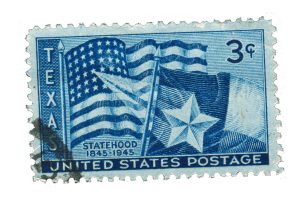
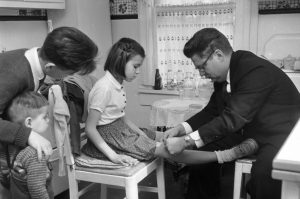
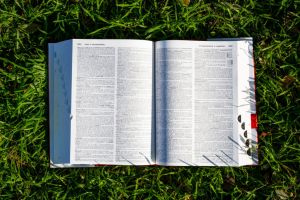
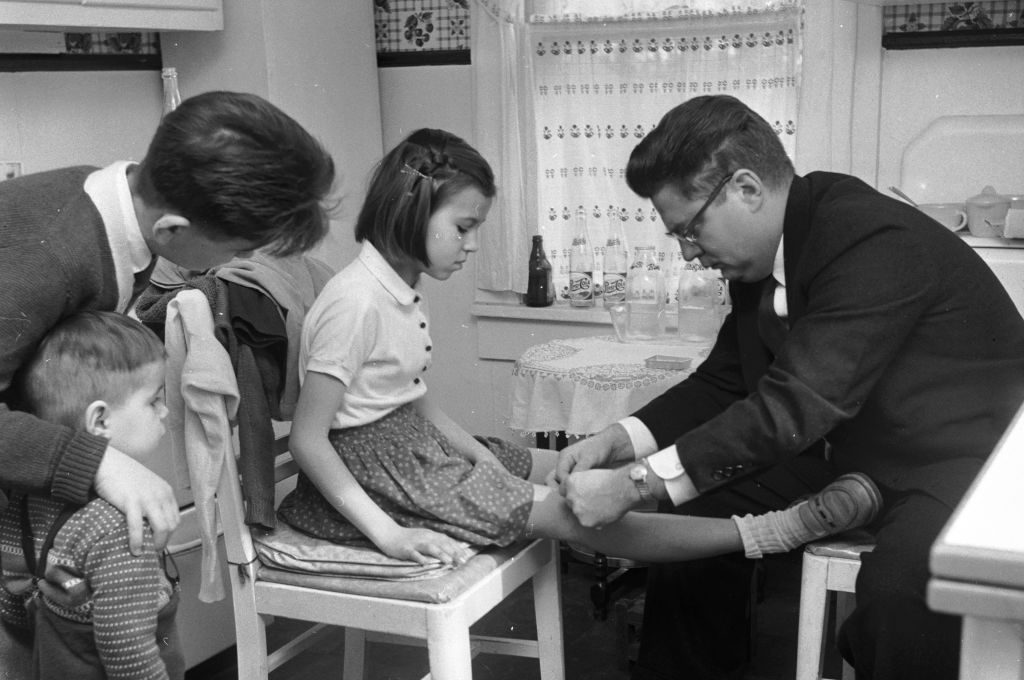
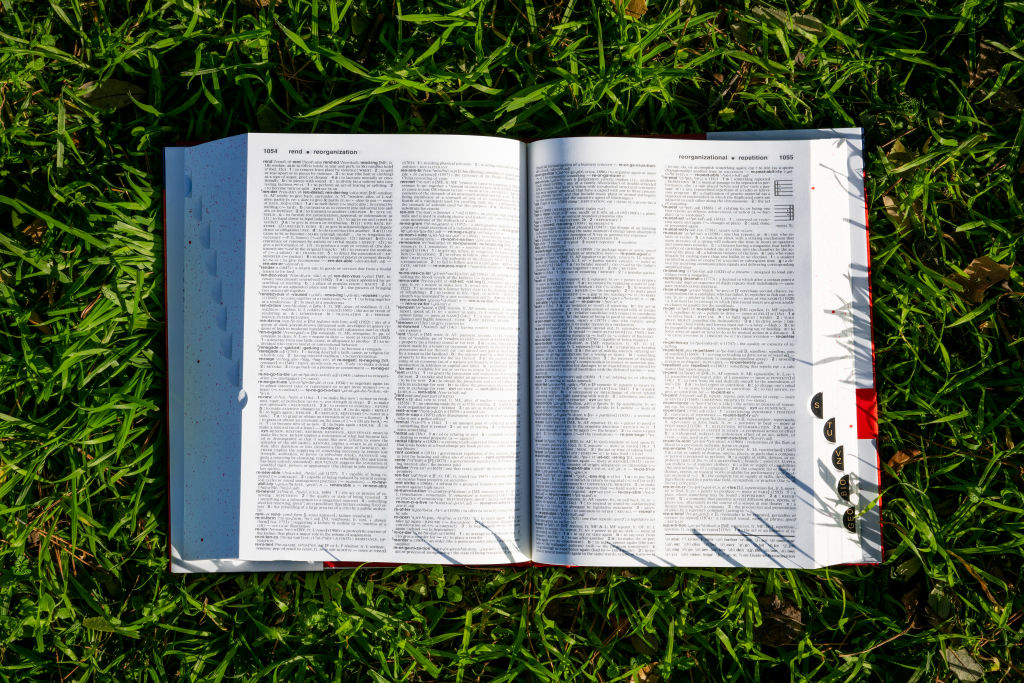
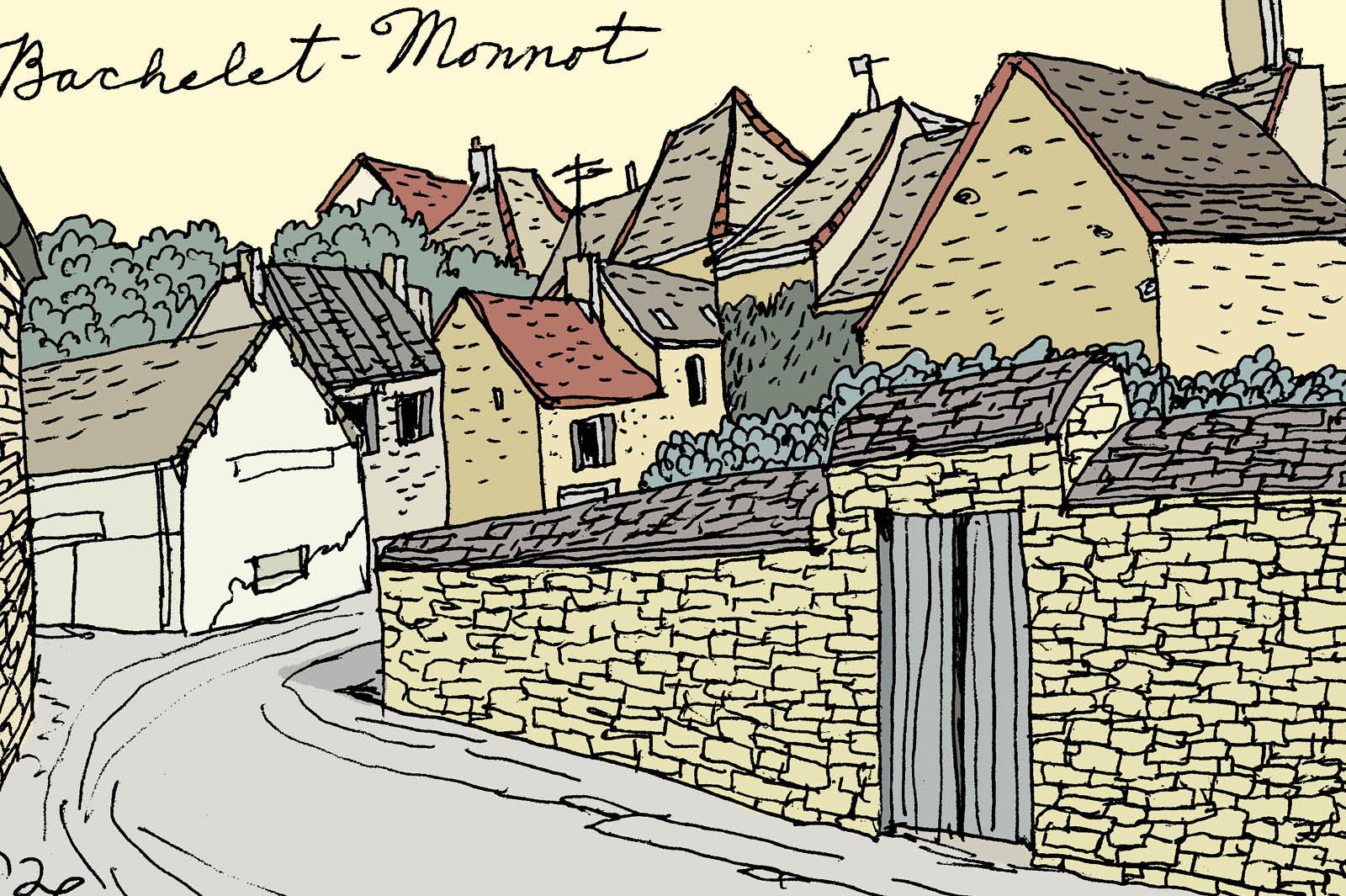
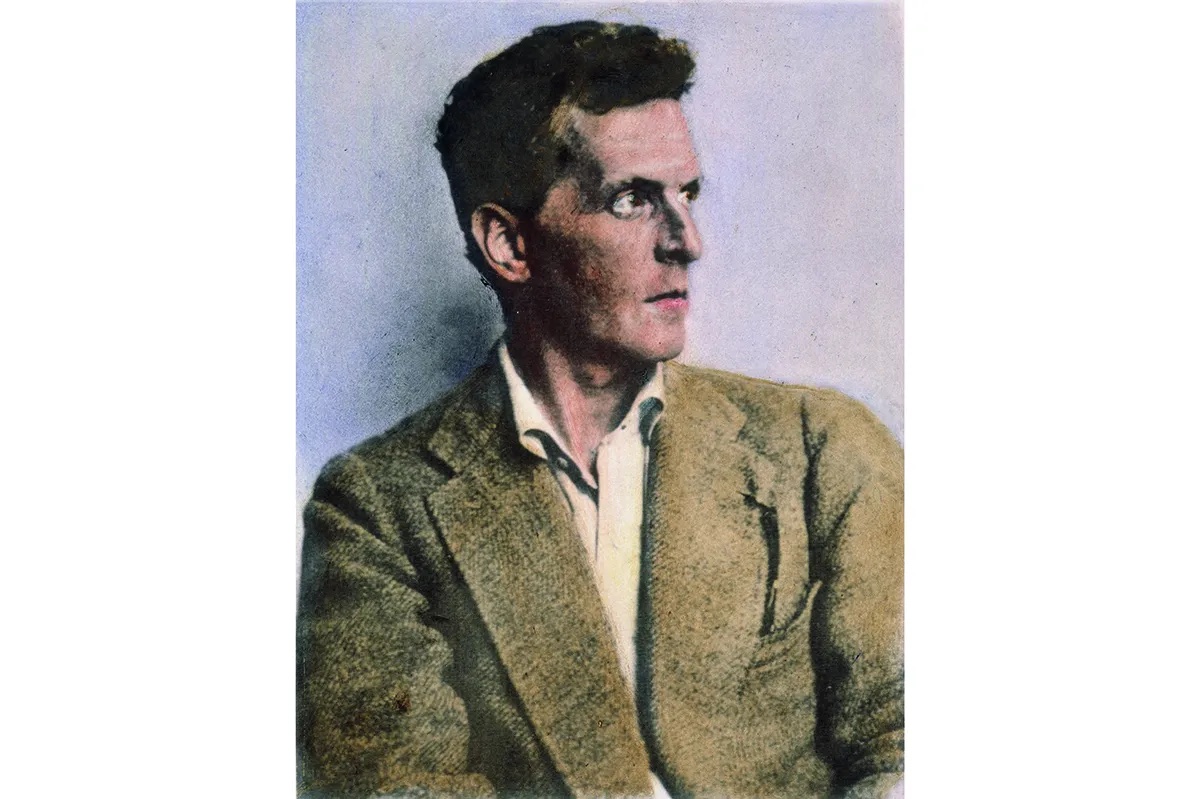
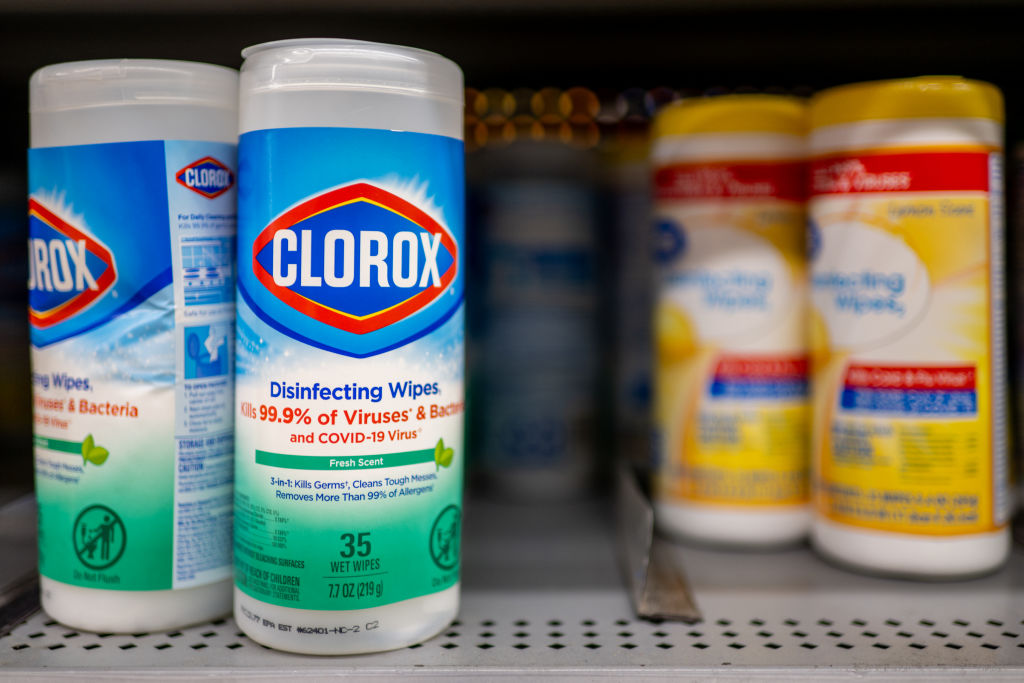








Leave a Reply